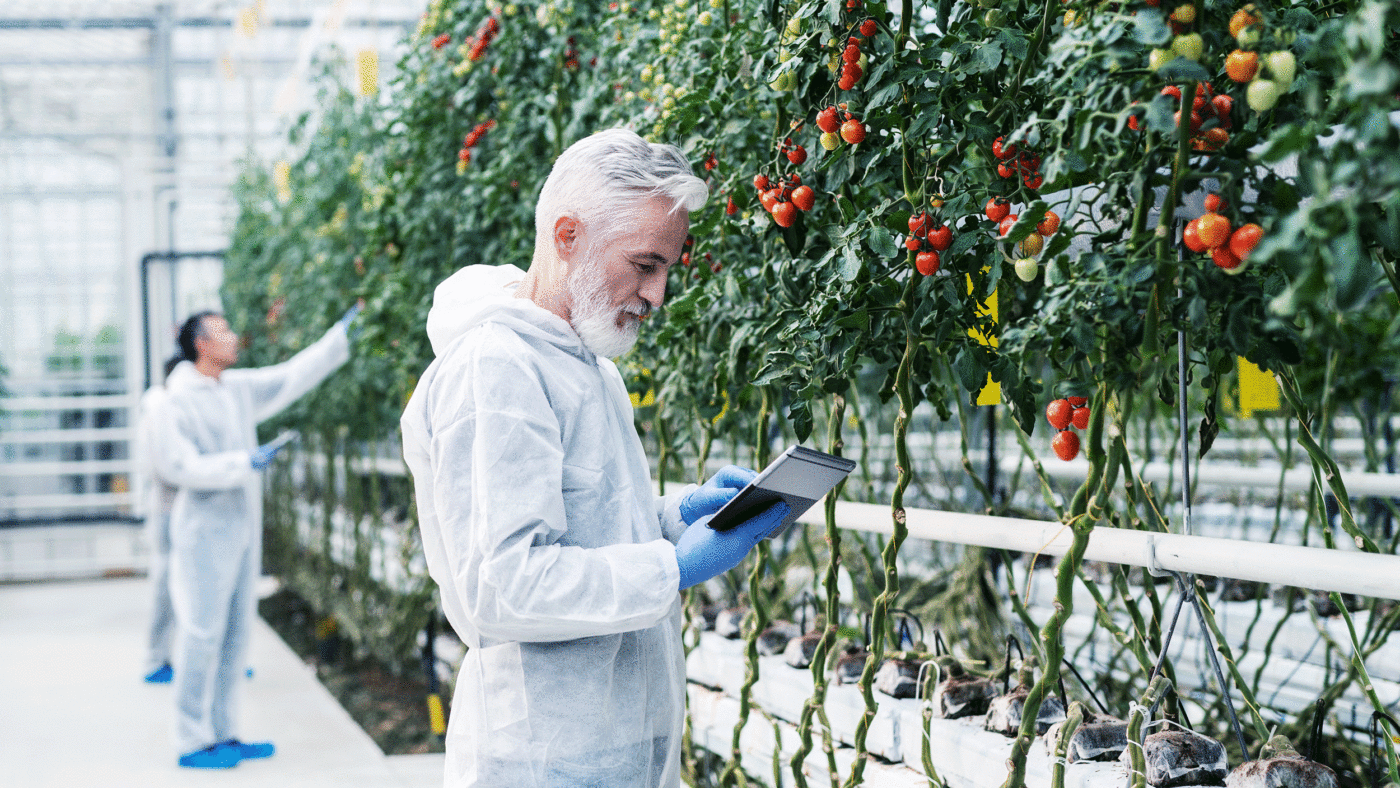With soaring inflation and the war in Ukraine causing a spike in global food prices, the Government is rightly looking for ways to ease pressure on consumers and make the UK more self-sufficient. Gene editing has the potential to revolutionise agriculture, increasing crop yields, improving disease resistance and reducing the need for environmentally harmful pesticides. But needless EU red tape has stood in the way of progress – until now.
Until this year, the UK abided by EU legislation controlling the use of genetically modified organisms (GMOs). This retained legislation required that all genetically edited (GE) organisms are classified as GMOs, irrespective of whether they could be produced by traditional methods such as selective breeding. This meant that years of breeding were required to produce a crop with specific traits rather than creating the crop in a research lab. This increased investments costs dramatically and disincentivised innovation in the field. But, the Government’s recently announced Genetic Technology Bill removes this inherited red tape surrounding testing of gene-edited crops, separating them from GMOs and removing the barriers to testing the technology.
Gene edited crops can provide huge benefits. For example, the technology allows for the development of crops more resistant to pests and disease, reducing the need for herbicides and insecticides, protecting our bees and other pollinating insects. Last year, the Government allowed emergency use of neonicotinoids, known to be harmful to pollinators, in order to protect crop yields, despite evidence that flying insect populations in the UK have fallen by approximately 60% since 2004. Given this alarming fall in biodiversity, the need for gene edited crops to be deployed at scale to help reverse this trend is increasingly apparent.
Insect populations would not be the only beneficiaries – gene editing can also increase crop yields and reduce water usage, allowing more farmland to be dedicated to hedgerows, rewilding, and reforestation initiatives without sacrificing productivity.
Gene editing clearly has the potential to revolutionise British farming and benefit the entire agricultural industry: from biotechnology companies who can best use the technology, farmers who will be able to increase their output and consumers who are better protected from food shortages. Further policies and incentives should be created to make sure each of these groups can see this potential realised.
The UK is already a world leader in genetic sequencing and genomics, as shown by our ability to rapidly identify new variants of Covid-19 during the pandemic and test hundreds of thousands of people a day for the disease. In 2020, the Government announced a new ‘Genome UK’ strategy to cement the UK’s status as a global leader in diagnosis and prevention of human disease. Creating a similar strategy to expand the UK’s gene editing abilities would have wide reaching benefits in reducing insecticide and herbicide and incentivise further investment into the space.
Such a strategy can tie in with the Government’s ‘Path to Sustainable Farming’ plan which incentivises sustainable farming practices, creating habitats of nature recovery and establishing new woodland to help tackle climate change. Dedicating a pot of money from the Farming Investment Fund towards gene edited crops and their associated infrastructure costs would be a good way of incentivising their use in trial runs, which if successful could be expanded across the country.
While the benefits of gene editing are well established, there is a barrier that will need to be overcome: public perception. A 2021 report by the Food Standards Agency stated: ‘Consumers tended to have low awareness and very low knowledge…most had not heard of genome edited food.’
But while this tech might sound terribly new-fangled, the truth is that humanity has been deliberately selecting crops for beneficial traits since the dawn of agriculture. The techniques have become increasingly sophisticated over the centuries, and modern day gene editing, which allows scientists to change a selected specific sequence within a genome, is just the next part of this progression.
But before gene-edited crops can enter the market, the Government must put in the ground work to raise public understanding of the technology so it will be accepted when it reaches store shelves, as more informed consumers are more likely to be accepting of genome edited food.
Regulations should focus on ensuring that new genetically edited crop varieties are safe, healthy, and environmentally beneficial. The plans to increase testing for gene edited crops and remove the time investment for their production is commendable. However, it is also important to acknowledge that the public are still sceptical about the technology and increasing understanding is important if they are to accept gene-edited crops on our shelves and, ultimately, on their dinner tables.
Click here to subscribe to our daily briefing – the best pieces from CapX and across the web.
CapX depends on the generosity of its readers. If you value what we do, please consider making a donation.


